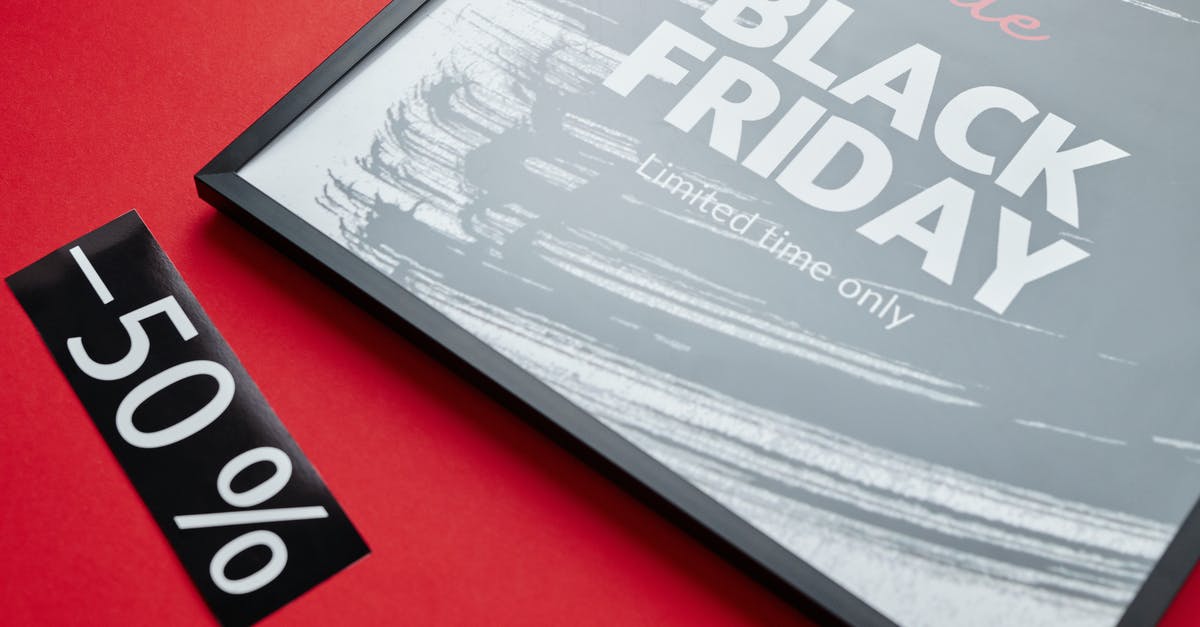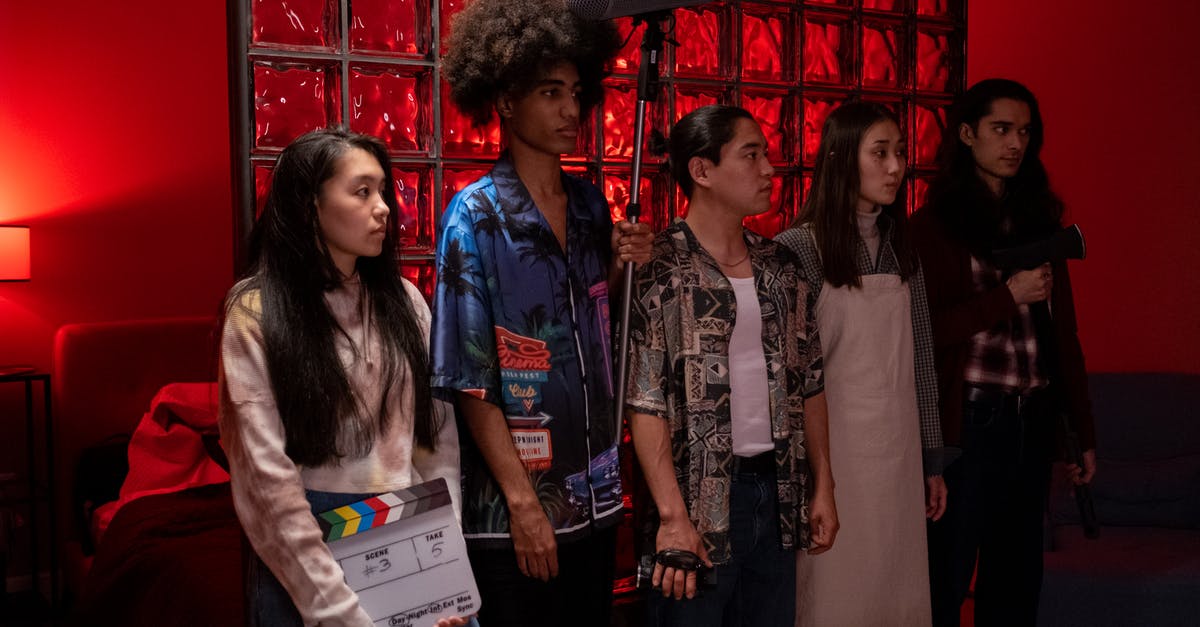I have been denied a visa several times in a row. How does one deal with such serial refusals?

Over the course of time here on TSE, I have observed individuals whose pattern of visa applications is best described as 'serial refusals'...
serial refusals - Two or more consecutive visa refusals issued by the same regime to the same person. Commonly for the same, or nearly the same, reasons. In some visa regimes Serial refusals can have a cumulative effect wherein the applicant's credibility is increasingly eroded, especially when the application pattern suggests a secondary agenda.
A common thread appears to be the need to visit the destination country (especially Schengen, the USA, or the UK) with a special sense of urgency. Also common in these cases are the following types of questions...
- Should I just reapply once again? What are my chances?
- What can I do to improve my odds in the future?
- Can I somehow address the previous refusals to avoid them being a burden on all future applications?
- How can I break the pattern?
NB: This question is intended as a canonical about serial refusals. I have never been personally denied a visa.
Best Answer
(migrated from Meta by request)
I can share an idea of where some of those refusals come from, as I grew up in a country affected by this. In my experience there are three things leading to serial refusals:
Scams
This is a big one, run by many unscrupulous companies posting visa articles in local newspapers. Usually, the articles are in a form of "advice", "testimonials" or "expert opinion", and focused on specific aspects of getting a visa, with hints on how the company would "help" (usually by providing fake statements, job references, and even exit/entry stamps). They always have a few genuine cases when applicants succeeded getting their visas, so there's support by word of mouth.
There are PLENTY of those in countries like India, Nigeria, Russia, the Philippines etc. Those companies keep operating because scammed people keep it to themselves (unlikely someone gotta come here and say "I used fake bank statements and got refused"). A lot of people also fall into the "second try" (which the company offers for free, but there are always "extra services needed" - like "a bribe to visa official" so it is never free).
For those people we need to explain about scams. Scams exist, and they are highly successful. Don't be a target. If your case is good, do it yourself - a helper will only make it worse. And if your case is so bad that you are sure you need a helper, you're not going to get a visa anyway. That is unless you use a legitimate helper, such as a properly licensed attorney, but those come up with a SERIOUS price tag, measured in thousands of dollars.
Lack of trust in visa process based on personal experience with their own government.
It might sound strange to a Westerner, but people in the countries listed above - and many others - can't really imagine a pedantic government paper-pusher type worker with no agenda, who just follows the rules in the book.
So they assume UKVI/US Consulate employees works like their own government employees - who are unpredictable, depends on mood, and take it very personally. Such official might refuse your paperwork because it was not typed using a typewriter (because he hates printers). Or they can approve it without reading even if you submitted magazine cuts as evidence, because he's leaving for vacation tomorrow and doesn't give a shit. @Gayot Fow explained the results of this thinking well as "playing the Vegas roulette with applications". Truth is, in those countries, it really works, and I personally have approval for exactly the same paperwork submitted 4th time, which had been previously rejected for some unimaginable reasons.
Here we might explain that yes, this may sound ridiculous, stupid and suspicious to you, but US/UK/EU visa government employees REALLY follow the rules. Certain information is needed, and it must be present. If you don't have it, don't apply, you will be refused ten times out of ten. And no, they do not refuse you because they hate you or want to insult you. And yes, a properly prepared application supported by genuine evidence WILL be approved - again, ten times out of ten. There is no random factor here.
Note that "genuine evidence" means "as considered by the officer", not "as considered by applicant" - the officers look for specific evidence in specific form. For example, just writing "I am rich and will return back" is useless - while this may be genuine, this is not considered evidence
Naivety
Finally, some people genuinely do not understand how the process works, and try to learn it via trial-and-error method such as "what kind of evidence they'd accept which would make them believe I'd return back?". Those usually come from personal experience and anecdotes, such as "my cousin's friend got a visa and stated he's making $2000 a month; so I need to state I make $2000 a month".
Here we need to explain that trial-and-error comes with the consequences such as the Consulate will assume you want to get into the country no matter what, and this will undermine credibility of your further applications, to the point that nobody is going to consider them seriously.
Pictures about "I have been denied a visa several times in a row. How does one deal with such serial refusals?"



How many times can a visa be denied?
As per some immigrant department of certain countries, you cannot reapply immediately after your visa application was rejected was because the conditions due to which it was refused will not change overnight. Hence, you can only reapply in most cases six months after the refusal of your visa application.How do you get a US visa after being denied?
After being found ineligible for a visa, you may reapply in the future. If you reapply for a visa after being found ineligible, with the exception of 221(g) refusals, you must submit a new visa application and pay the visa application fee again.Do embassies know about visa refusal in other countries?
The embassy doesn't track your refusal, CLASS does. That's a database accessible to every American consular officer in the world at the click of a mouse, so it's not just the embassy where the visa refusal takes place.What is the difference between visa refusal and rejection?
Visa refusal means you did something wrong and that went on your permanent record, leading to visa refusal. While the visa rejection means something is missing from your application and you have to resubmit your paperwork. A denial letter and a refusal letter are interchangeable; however, a visa rejection is not.\
Sources: Stack Exchange - This article follows the attribution requirements of Stack Exchange and is licensed under CC BY-SA 3.0.
Images: Quang Nguyen Vinh, Liza Summer, RODNAE Productions, Max Fischer
